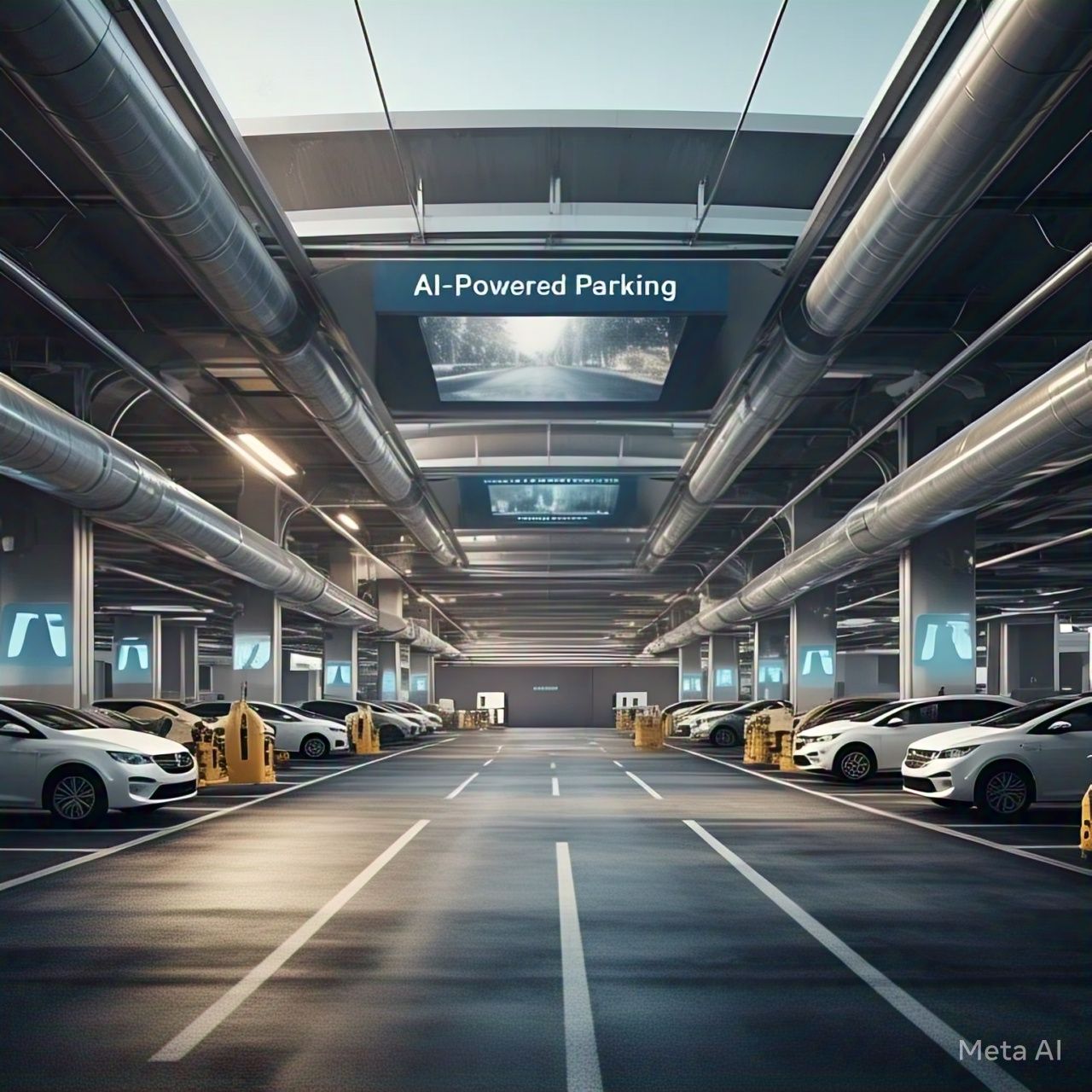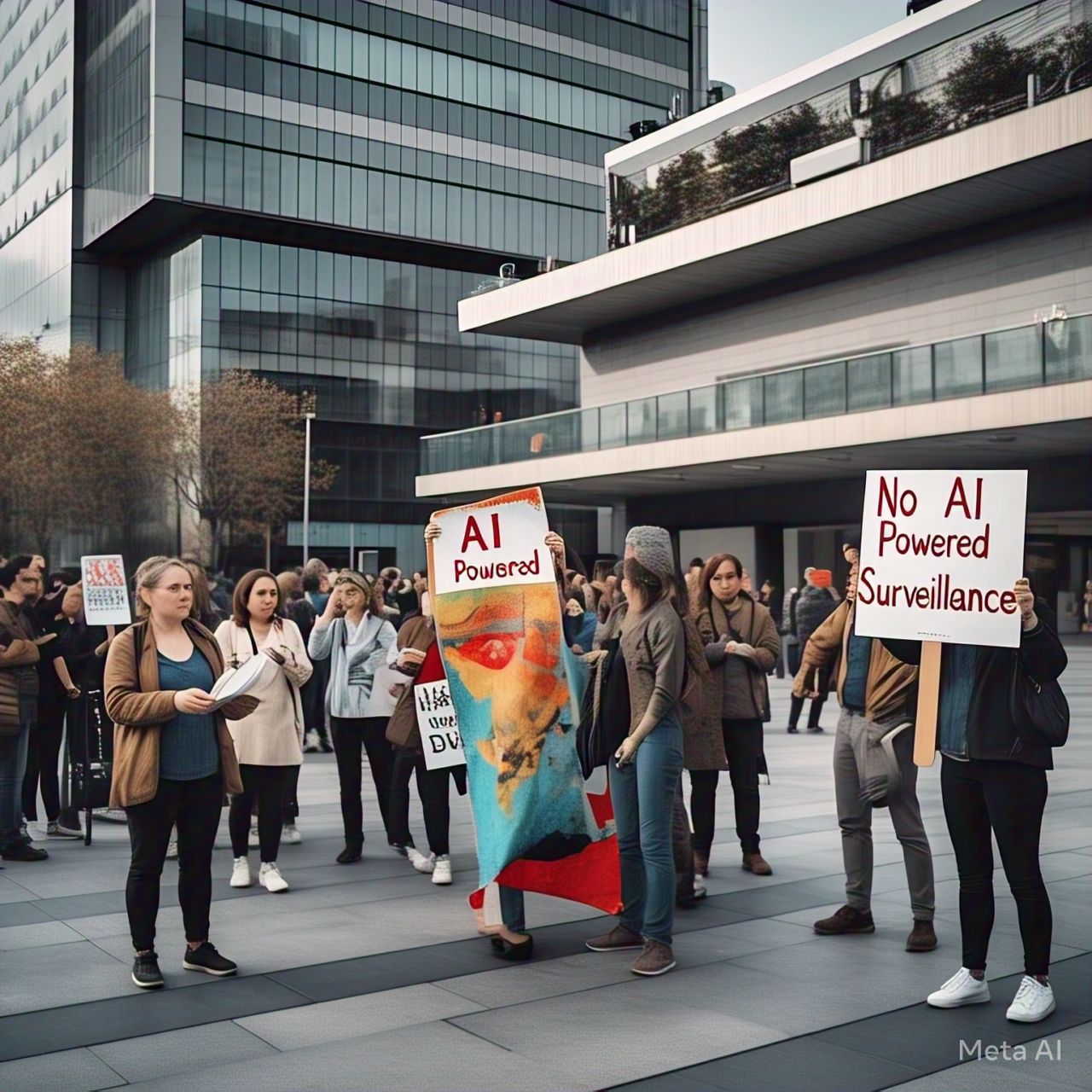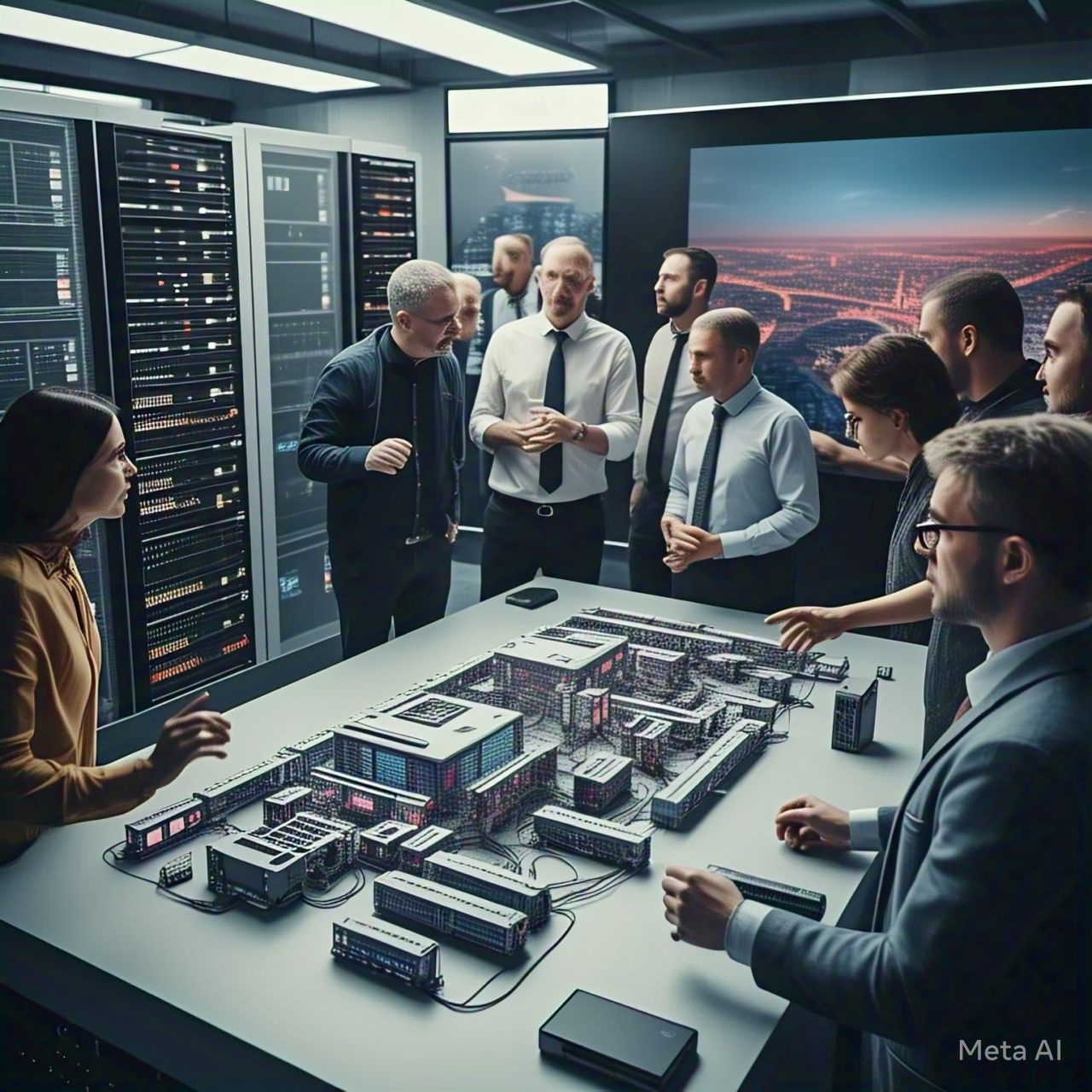Table of Contents
- Introduction
- The Urban Parking Crisis: Causes and Consequences
- How AI is Transforming Parking Systems
- Components of AI-Powered Parking Systems
- Benefits of AI-Driven Parking Solutions
- AI in Smart Parking Enforcement
- Reducing Traffic Congestion with AI Parking
- Challenges and Ethical Considerations
- The Future of AI in Parking Systems
- Conclusion
- FAQs
1. Introduction
Urban areas worldwide face an increasing parking crisis due to growing vehicle ownership and inefficient parking management. Traditional parking solutions are often time-consuming, leading to congestion, fuel wastage, and pollution. AI-powered parking systems offer a smart solution by optimizing parking space utilization, automating enforcement, and reducing human intervention. This article explores how AI is revolutionizing urban parking and solving one of the most pressing mobility challenges.
2. The Urban Parking Crisis: Causes and Consequences
The parking crisis in cities stems from several factors:
- Limited Parking Spaces – High vehicle density outpaces available parking infrastructure.
- Inefficient Parking Management – Manual parking allocation leads to wasted space and inefficiency.
- Traffic Congestion – Vehicles searching for parking contribute to up to 30% of urban traffic.
- Environmental Impact – Increased emissions from idling cars searching for parking spots.
- Economic Costs – Time wasted on parking hunts results in financial losses for businesses and commuters.
AI-driven parking systems aim to address these challenges by optimizing the entire parking ecosystem.
3. How AI is Transforming Parking Systems
AI technology is making parking more efficient through:
- Smart sensors and IoT – Detects available spaces in real-time.
- Computer vision – Identifies vehicle types and directs them to appropriate spots.
- Machine learning algorithms – Predicts parking demand and optimizes space usage.
- Automated payment systems – Reduces the need for manual ticketing and enforcement.
- Integration with navigation apps – Guides drivers to the nearest available spot.
Table: Traditional vs. AI-Powered Parking Systems
| Feature | Traditional Parking | AI-Powered Parking |
|---|---|---|
| Space Detection | Manual, unreliable | AI-driven real-time monitoring |
| Parking Management | Static pricing, inefficient allocation | Dynamic pricing, optimized allocation |
| Traffic Impact | High congestion | Reduced traffic from smart guidance |
| Enforcement | Labor-intensive | Automated violation detection |
4. Components of AI-Powered Parking Systems
AI-driven parking solutions rely on a combination of technologies, including:
- Smart Parking Sensors – Embedded in parking spots to detect availability.
- AI Algorithms – Analyze parking demand and predict peak hours.
- Automated License Plate Recognition (ALPR) – Enables seamless entry, exit, and payment.
- Cloud-Based Data Analytics – Provides insights for better urban planning.
- Mobile Apps and Navigation Integration – Guides drivers in real-time to available spots.
These components work together to create an intelligent and efficient parking environment.
5. Benefits of AI-Driven Parking Solutions
AI-powered parking systems offer numerous advantages:
- Time Efficiency – Drivers find parking faster, reducing frustration.
- Lower Carbon Emissions – Less idling and searching for spaces means reduced fuel consumption.
- Cost Savings – Cities save money on enforcement and maintenance.
- Optimized Space Utilization – AI ensures maximum efficiency in parking lot usage.
- Enhanced User Experience – Smart systems provide a seamless parking process.
6. AI in Smart Parking Enforcement
AI is improving parking enforcement through:
- Automated Ticketing – AI detects violations like expired meters and unauthorized parking.
- Dynamic Pricing Models – Adjusts parking rates based on demand.
- Remote Monitoring – Law enforcement can oversee multiple parking zones digitally.
- Predictive Analytics for Demand Management – Reduces illegal parking by optimizing supply.
AI ensures fairer, more efficient enforcement, benefiting both drivers and authorities.
7. Reducing Traffic Congestion with AI Parking
One of the biggest advantages of AI parking systems is their role in reducing traffic congestion by:
- Guiding drivers to the nearest spot quickly
- Optimizing entry and exit flow in parking lots
- Reducing the need for street parking
- Integrating with public transportation for multi-modal travel planning
By reducing parking-related traffic, cities can experience smoother traffic flow and fewer delays.
8. Challenges and Ethical Considerations
Despite its benefits, AI parking systems come with challenges:
- Data Privacy Concerns – AI parking systems collect vast amounts of data, raising privacy issues.
- High Implementation Costs – Initial investment in infrastructure can be expensive.
- Cybersecurity Risks – AI parking networks must be protected against hacking and data breaches.
- Job Displacement – Automation may reduce the need for parking attendants and enforcement officers.
- Bias in AI Algorithms – Ensuring fairness in AI decision-making is crucial.
Addressing these issues is essential for the successful deployment of AI parking systems.
9. The Future of AI in Parking Systems
Future advancements in AI parking technology include:
- Autonomous Valet Parking – AI guides self-driving cars to park automatically.
- Blockchain-Based Parking Payments – Enhances security and transparency in transactions.
- AI-Powered Multi-Level Parking – Optimizes space in high-density urban areas.
- Integration with Smart City Ecosystems – AI parking networks connected to traffic management systems.
- Advanced Predictive Analytics – AI will refine parking demand predictions for even greater efficiency.
These innovations will make parking even more seamless and efficient in the future.
10. Conclusion
AI-powered parking systems are transforming urban mobility by addressing the long-standing challenges of parking shortages, congestion, and enforcement inefficiencies. By utilizing smart sensors, AI algorithms, and automated enforcement, these systems optimize parking availability, reduce traffic delays, and enhance urban sustainability. As AI technology advances, the integration of parking systems with smart city infrastructure will further improve efficiency and convenience for drivers and city planners alike.
11. FAQs
1. How does AI improve parking efficiency?
AI optimizes parking space usage, provides real-time availability updates, and guides drivers to available spots, reducing time spent searching for parking.
2. Can AI parking systems help reduce traffic congestion?
Yes, AI parking solutions minimize the time spent looking for parking, reducing overall traffic congestion in urban areas.
3. Are AI-powered parking systems expensive to implement?
While the initial investment can be high, AI parking systems provide long-term cost savings through reduced enforcement costs and improved efficiency.
4. What role does AI play in parking enforcement?
AI automates violation detection, ticketing, and monitoring, making enforcement more accurate and efficient.
5. What is the future of AI in parking systems?
Future developments include autonomous parking, blockchain-based payments, and AI-driven predictive analytics to further optimize urban parking solutions.
Citations:
- International Parking Institute – AI in Smart Parking Solutions
- MIT Smart Cities Lab – AI and Urban Parking Optimization
- World Economic Forum – AI’s Role in Traffic and Parking Management
- Smart City Council – The Future of AI in Parking Systems
- National Highway Traffic Safety Administration (NHTSA) – AI and Parking Enforcement





